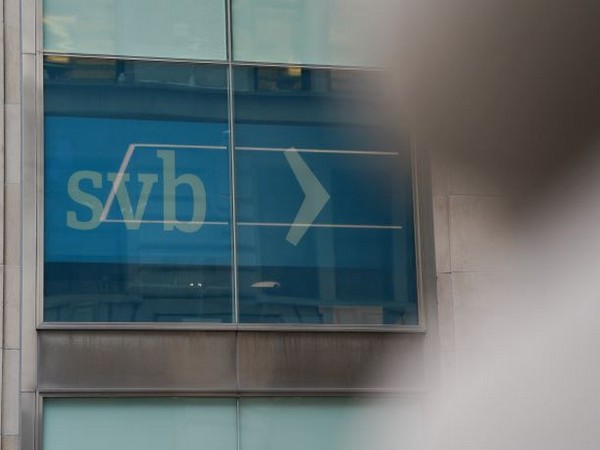In a move that sent global banking shares into turmoil, US regulators on Friday (local time) shut down Silicon Valley Bank, as markets fretted over possible contagion from the biggest banking failure since the 2008 financial crisis.
California regulators closed down the tech lender and put it under the control of the US Federal Deposit Insurance Corporation (FDIC).
The FDIC is acting as a receiver, which typically means it will liquidate the bank’s assets to pay back its customers, including depositors and creditors.
Silicon Valley Bank collapsed after a stunning 48 hours in which a bank run and a capital crisis led to the second-largest failure of a financial institution in US history.
All insured depositors will have full access to their insured deposits no later than Monday morning, March 13, 2023, read FDIC statement.
The FDIC will pay uninsured depositors an advance dividend within the next week. Uninsured depositors will receive a receivership certificate for the remaining amount of their uninsured funds. As the FDIC sells the assets of Silicon Valley Bank, future dividend payments may be made to uninsured depositors.
To protect insured depositors, the FDIC created the Deposit Insurance National Bank of Santa Clara (DINB). At the time of closing, the FDIC as receiver immediately transferred to the DINB all insured deposits of Silicon Valley Bank.
Silicon Valley Bank’s decline stems partly from the Federal Reserve’s aggressive interest rate hikes over the past year.
After years of interest rates hovering around zero, the central bank last spring began a series of historic rate hikes to make borrowing for businesses and individuals more expensive — a way to cool the economy and bring inflation in line.
Silicon Valley Bank had 17 branches in California and Massachusetts. The main office and all branches of Silicon Valley Bank will reopen on Monday, March 13, 2023.
The DINB will maintain Silicon Valley Bank’s normal business hours. Banking activities will resume no later than Monday, March 13, including on-line banking and other services. Silicon Valley Bank’s official checks will continue to clear.
As of December 31, 2022, Silicon Valley Bank had approximately USD 209.0 billion in total assets and about USD 175.4 billion in total deposits.
At the time of closing, the amount of deposits in excess of the insurance limits was undetermined. The amount of uninsured deposits will be determined once the FDIC obtains additional information from the bank and customers, read the statement.
Silicon Valley Bank is the first FDIC-insured institution to fail this year. The last FDIC-insured institution to close was Almena State Bank, Almena, Kansas, on October 23, 2020. (ANI)
Read More Article: http://13.232.95.176/
